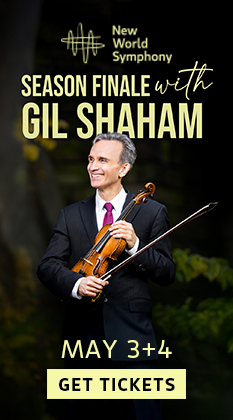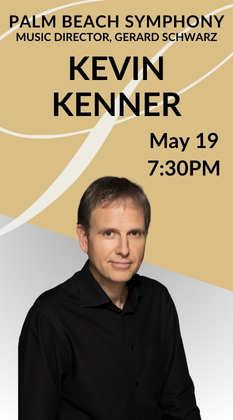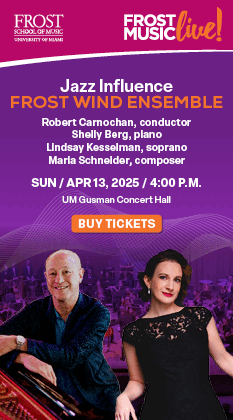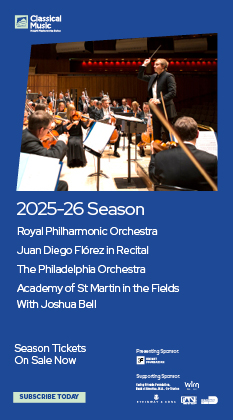Martins’ orchestra shaky in Bach but shines in Brazilian music at the Broward Center
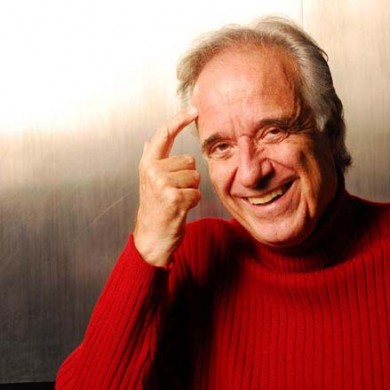
Joao Carlos Martins conducted the Bachiana Filarmonica Orchestra Thursday night at the Broward Center in Fort Lauderdale.
Unlike some of the sparsely attended classical programs at the Broward Center in recent seasons, a large and enthusiastic audience greeted Brazil’s Bachiana Filarmonica Orchestra Thursday night. Many of South Florida’s growing Brazilian population turned out to cheer their countrymen and when Joao Carlos Martins first appeared on stage, a roar went up from the crowd.
Martins, 71, has had a distinguished career as a concert pianist. He appeared with major orchestras, eventually specializing in the keyboard works of J.S. Bach. Despite persistent hand injuries, he recorded an acclaimed set of Bach’s complete keyboard scores. In 1995 he was violently attacked in a robbery while on tour in Bulgaria, resulting in brain and skull injuries and the inability to use his right hand. After an unsuccessful operation, he turned to conducting and founded the Bachiana ensemble five years ago.
Based on Thursday night’s concert, the group appears to be more at home in Latin pop repertoire than in the Baroque works that comprised the program’s first half. Vivaldi’s Concerto for Four Violins emerged stodgy and undernourished. Among the four soloists, only Elisa Fukuda (who counts Milstein, Szyering, Grumiaux and Sandor Vegh among her teachers) exhibited the idiomatic technique and sense of Baroque style that the music demands. The other players, including her 12-year old pupil Lucas Farias, were clearly struggling.
Bach’s Orchestral Suite No. 3 in D Major was only marginally better. Martins was an enlivening presence on the podium and he clearly knows his Bach, adopting brisk, spirited tempos and spare instrumental vibrato. The famous Air was played with an admirable minimum of sentimentality. Yet Martins’ stylish interpretation was again undermined by mediocre execution. Except for some bright, well-focused trumpet work, the orchestra’s tone was thin, with especially wan and colorless oboes. This ensemble does not approach the standards of the best European and North American chamber orchestras. In the concluding Gigue, Martins finally roused the group to some urgent, strongly articulated playing but that was late in the day.
Turning to Brazilian repertoire after intermission, the enlarged orchestra sounded like a totally different ensemble. Jean William, a lyric tenor with a light, sweet timbre , sang two songs by Villa-Lobos with artful fervor. The Sentimental Melody from Forest of the Amazon (originally the score for the Hollywood epic Green Mansions) was particularly beguiling. For Little Train of the Caipira from Bachianas Brasileiras No. 2, the ensemble was joined by nine lively percussionists from Brazil’s Vai-Vai School of Samba. With a full, vibrant brass section Martins led with hard-driving urgency.
The Vai-Vai contingent also shone splendidly in the heated samba Mourao. Preludio, Fuga e Samba by Mateus Araujo (who doubled as the group’s harpsichordist in the Vivaldi) ranged from rhapsodically languid to wildly rhythmic, producing the most propulsive performance of the evening. The score is a strong addition to the pops repertoire.
Perhaps the concert’s most compelling moment came in the encore. Playing mostly with four fingers of the left hand and one on the right, Martins commanded a Steinway grand in a medley from Italian film composer Ennio Morricone’s scores for The Mission and Cinema Paradiso. For a fleeting instant, backed by lustrous strings, Martins channeled a touching and nostalgic romantic elegance, a reminder of the splendid keyboard artistry of his artistic prime.
Posted in Performances
Leave a Comment
Fri Sep 23, 2011
at 9:52 am
No Comments
